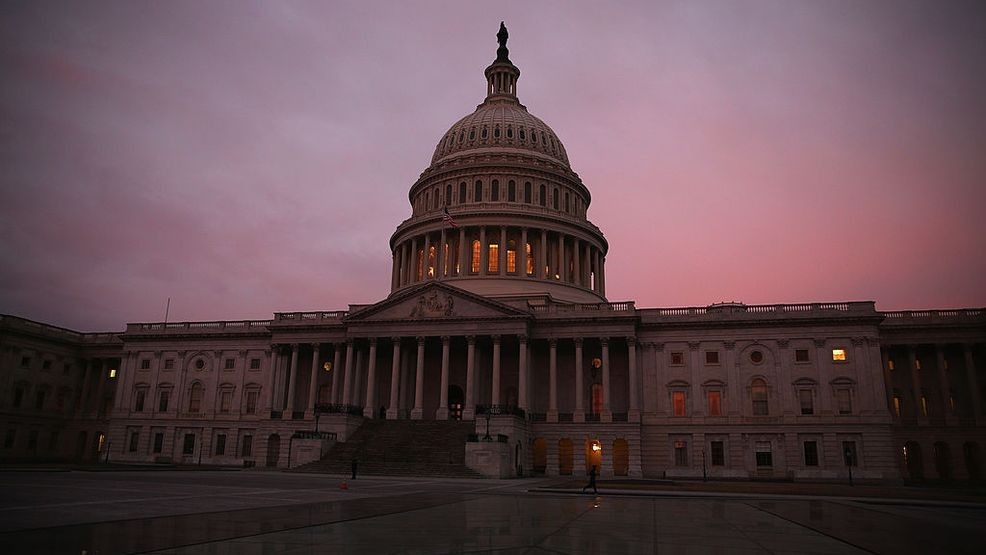A look at the Senate races likely to determine balance of power in Congress

WASHINGTON (TNND) — There's not much a president can get done without the Senate. It's why at political rallies lately, Senate candidates have gotten almost as much hype as the presidential candidates.
During a Harris-Walz campaign rally in Detroit Tuesday night headlined by former President Barack Obama, Rep. Elissa Slotkin, D-Mich., who is running against former Rep. Mike Rogers, R-Mich., to fill the seat of retiring Democratic Sen. Debbie Stabenow, was seated onstage throughout Obama's remarks.
"(Kamala Harris) will need a Senate full of public servants like Elissa Slotkin. Now, some of you may not be aware Elissa and I go way back. She was in the administration. She was sitting in the Situation Room. She delivered national security briefings on some of the toughest issues we were dealing with," Obama said.
Rogers has also been embraced by his party's presidential nominee. During his own rally in Detroit last week, former President Donald Trump called Rogers a "true leader" and said, "We're all lucky to have him running for the Senate."
The Michigan Senate race is tight with Slotkin holding a roughly 2% lead, according to RealClearPolitics' polling average.
Next door in Wisconsin, Democratic Sen. Tammy Baldwin is defending her seat against Republican challenger Eric Hovde, a businessman. Polls show Baldwin holds an increasingly narrow lead.
Republicans only need a net gain of two seats to take the Senate majority. If Trump wins, they only need a net gain of one seat because his vice president would be the tie-breaking vote.
Sen. Joe Manchin, I-W.V., a former Democrat, is retiring and his seat is all but certain to flip red.
Sen. Sherrod Brown, D-Ohio, and Sen. Jon Tester, D-Mont., are fighting to keep their seats in conservative states. In an effort to convince Republican voters to cross party lines, each of their campaigns have emphasized their ability to work across the aisle.
A Washington Post poll of registered Ohio voters from earlier this month showed Brown with 48% support and his opponent, Republican businessman Bernie Moreno with 47% support.
In Montana, Tester has a tougher path to victory as a New York Times/Sienna College poll showed he has support from 44% of likely Montana voters compared to his opponent Tim Sheehy's 52%.
Where Republicans could lose a seat is Texas. A new poll by Emerson College and The Hill put incumbent Sen. Ted Cruz and Democratic challenger Rep. Colin Allred in a statistical dead heat.
